24/7 Helpline:
(866) 899-111424/7 Helpline:
(866) 899-1114
Learn more about Inpatient Rehab centers in Aitkin County





















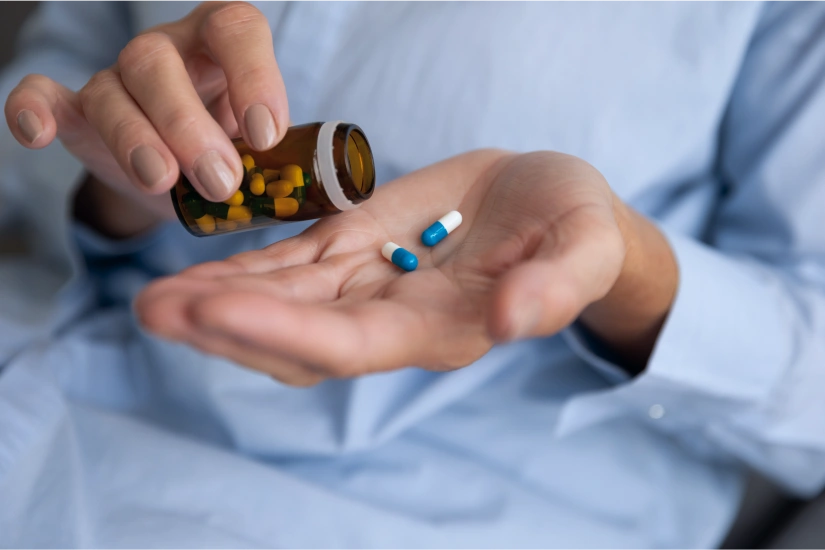




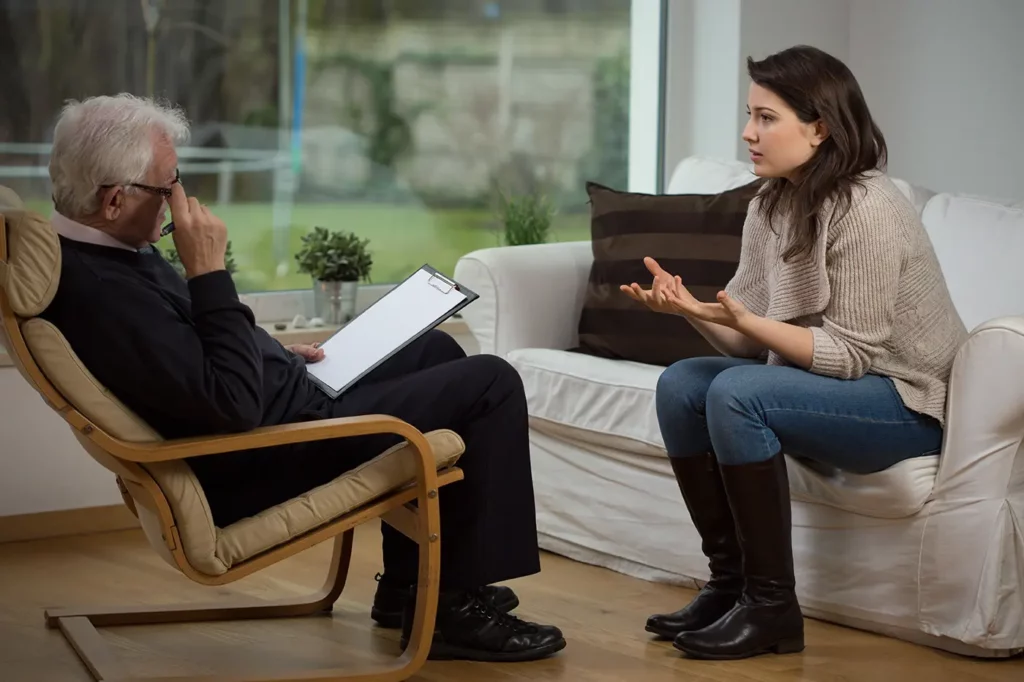

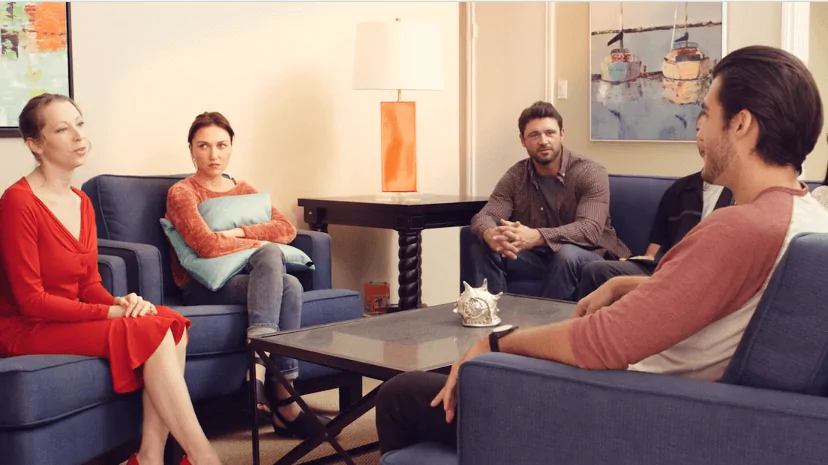


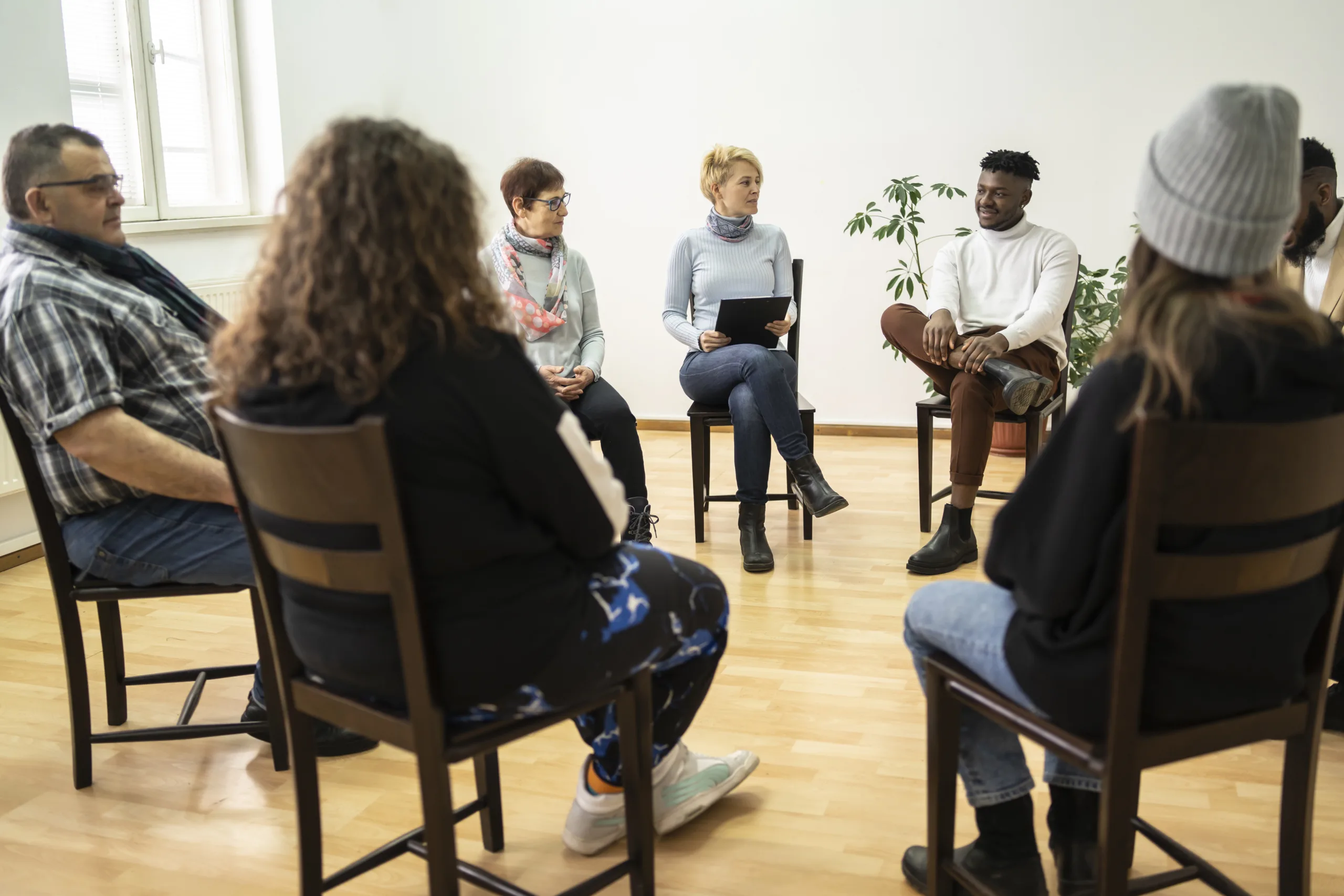


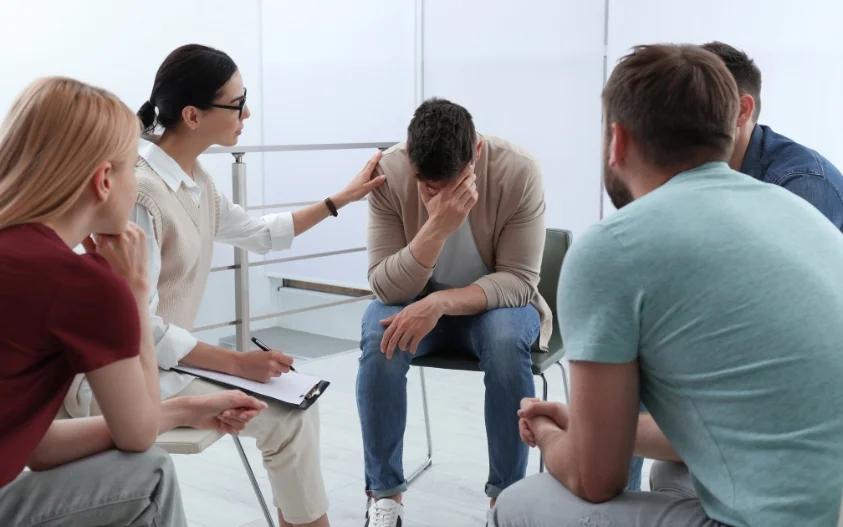



Northland Counseling Center – Aitkin
Northland Counseling Center - Bunker Hill Drive offers outpatient treatment for individuals with alc...
























Other Insurance Options

State Farm

Medical Mutual of Ohio

Carleon

Absolute Total Care

Self-pay options

PHCS Network

Highmark

Excellus

Choice Care Network

Oxford

Coventry Health Care

Ambetter

Aetna

CareSource

Lucent

Molina Healthcare

Optum

Sliding scale payment assistance

Premera

Optima